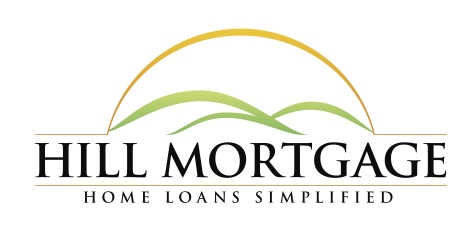FINANCING YOUR HOME
Reverse Mortgages for Retirement
When homeowners reach roughly age 55, frequently with some remaining debt, they can consider buying houses or taking equity out of their house in a lump sum payment or a series of payments for the rest of their lives.
They are likely to get at least a third of the value of appreciated houses. Most reverse mortgages are HECMs regulated and insured by HUD and FHA. Mortgage payments cease. Recipients pay no cash interest so the IRS exacts no tax on distributions but allows no mortgage interest tax deductions; borrowers must still maintain the house properly and pay for insurance and property taxes. Mortgage insurance and fees increase closing costs while equity in homes dwindles and dwindles faster if interest rates are higher. Need-based government funding may be reduced for student loans or medical. The loan comes due if homeowners depart, so these loans are not for vagabonds or landlords. And reverse mortgage holders may leave little or nothing in their estates for children or charities.
The Urban Institute found that for 65 to 74 year olds, the percentage who held a traditional mortgage rose from less than 30 percent in 1989 to more than 40 percent in 2019… Median mortgage balances were just under $100,000.
Mortgage brokers, at worst, are mere order takers for reverse mortgages tempting buyers solely with the immense cash flow advantages of ending payments. Thus, Mortgage Counselors and three-day rights of recission (cancellation) are mandatory for this kind of loan and I don’t think this is enough. Reverse mortgages should be considered with a CFP as part of a comprehensive financial involving fundamental choices about family, charity, money for health care/caregivers, and the financial legacy lost with your home’s equity. This is a serious step, but it is the right step for many.
Curiously, many CFPs are warming to strategic reverse mortgages because mortgagors can avoid depleting investment portfolios in old age. The CFP Board website states:
“The reverse mortgage option should be viewed as a method for responsible retirees to create liquidity for an otherwise illiquid asset, which in turn can create new options that potentially support a more efficient retirement income strategy (more spending and/or a greater legacy). ”

Everyone needs housing and cash in old age and the reverse mortgage aids taxpayers with serious cash flow problems that reduce the efficiency of portfolio investing.
HECMs can finance delayed Social Security withdrawals and Roth conversions. With equity from a California house, someone could buy a Utah house and immediately get cash back in an annuity from a reverse mortgage. The HECM cash reserve or payments stabilize income to reduce the risk of portfolio depletion because funds are withdrawn when markets decline. Risk capacity rises with HECM’s so clients may more aggressively shift portfolios towards stocks.
These items all increase the efficiency of investing and the amount of investable funds. If mortgagors borrow at 7 percent and invest more in the market, they may end up with better retirement funding with more liquidity while simultaneously increasing their total estate by more than what is lost to the reverse mortgage company! Reverse mortgages may help retirement strategies because “You can have your cake and eat it!”
Get in Touch
Schedule a free mortgage consultation related to your life plans.

Mortgages offered through Hill Mortgage
NMLS# 309812/2134092
DRE# 01332532/02142750

Carpe Diem Mortgage
NMLS #2565162
DRE #01214571


